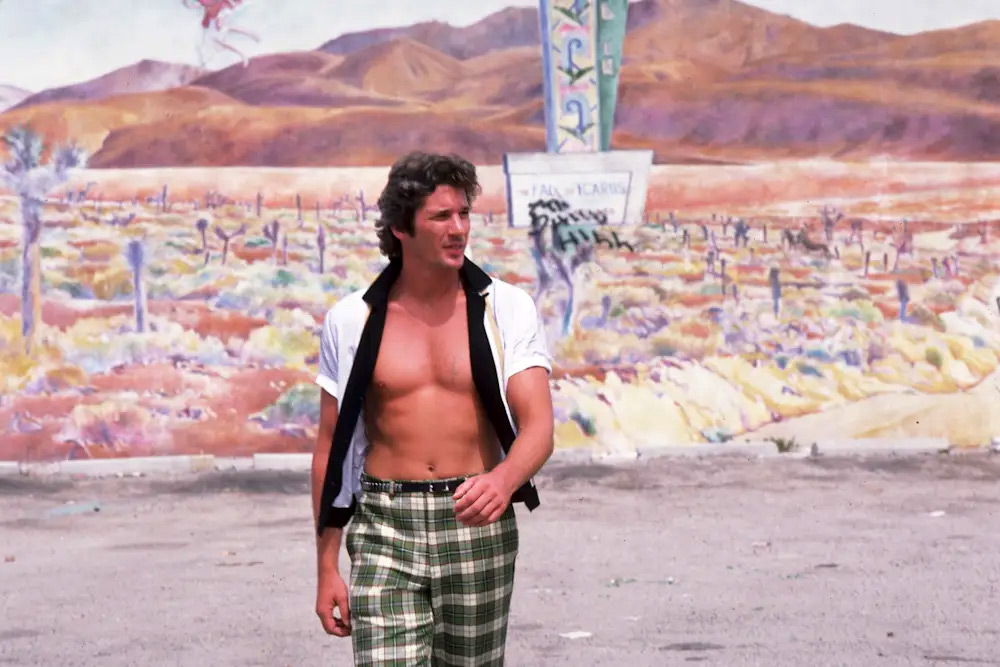Like many aged totems, it’s hard to divorce Jean-Luc Godard’s Breathless (1960) from the smug explanations of its importance that have stuck to the film like crusted cow shit on a handsome boot for the last 75 years. Boomers never tire of reinhabiting the moments that first made them feel alive, and cinephilic pedants, yours truly very much included, similarly prey on any opportunity to explicate the present with a beat-by-beat jaunt backward through the past. The irony is that these tendencies are inevitable, if obnoxious symptoms of the same psychic conditions that animated the film in the first place. To add more shit to the proverbial boot, the revelation of Breathless was that by 1960, consensus reality, at least as it was experienced by a victorious Western Civilization, couldn’t be credibly discussed without consideration of its mediated doubles on television and silver screens. You could continue making movies whose characters and stories ignored the existence of cinema and cinemagoing—not a crime, then or now—but you’d be ignoring an essential constituent of the shared consciousness. The bell couldn’t be unrung; there was a new form of metatextual realism that insisted audiences acknowledge that they themselves existed.
Jim McBride’s self-described “much more expensive and much less cerebral” remake replaces Jeal-Paul Belmondo’s bumbling efforts at detached cool with Richard Gere’s no-fucks rockabilly swagger but keeps the plot intact: a horny petty criminal steals a car, kills a cop, and tries to convince a girl to lam with him. Godard’s film was famous for, among other things, jump cuts and the immediacy that came with shooting on the streets of Paris with newly available handheld cameras. McBride was less interested in reinventing film grammar and production techniques, but he gamely continued the original film’s flight through cluttered airwaves. Belmondo worshiped Bogart, but Gere’s gods are more diffused, befitting the early years of cable television and a Los Angeles setting awash in far more advertising than Paris ever dreamed of. Belmondo addressed the camera directly, but Gere mostly just mumbles to himself á la Elliott Gould in The Long Goodbye (1973). When he earnestly reads aloud from The Silver Surfer comics, we feel the simultaneous pull of his loneliness and the fleeting profundity that lurks in strange corners of postmodern society. When The Surfer laments mankind’s determination to obliterate itself, Gere punctuates his appreciation with an affecting “You tell ‘em, Surf Man.”
Both of their girlfriends wonder about “what's going on behind” the face of the man asking them to become outlaws. Neither man offers any insight, but we know the answer is the same in either case: popular culture. The mass produced art that gifts speed and color and possibility and fresh speech patterns to the children of capitalism. On their last night together, Gere takes his would-be moll to a movie theater after running from the cops all day. They sneak behind the screen and enjoy hot sex while the classic doomed-lovers noir Gun Crazy (1950) towers behind them. Mission accomplished. They found a way to live inside of the movies.
Breathless screens tonight, July 23 (introduced by Justin LaLiberty) and on July 25 (introduced by Kristen Yoonsoo Kim) at the Roxy on 35mm.



